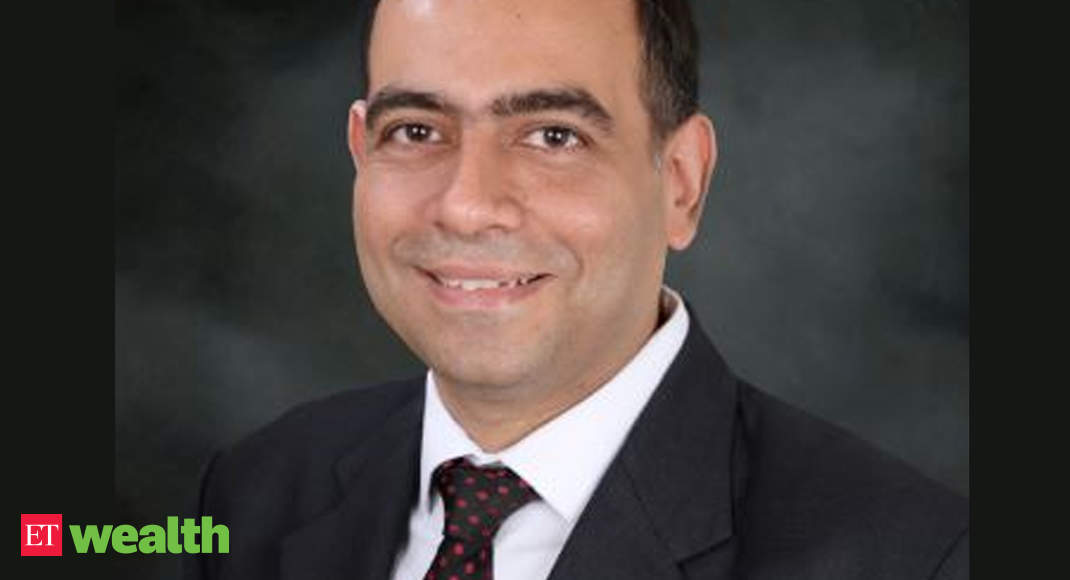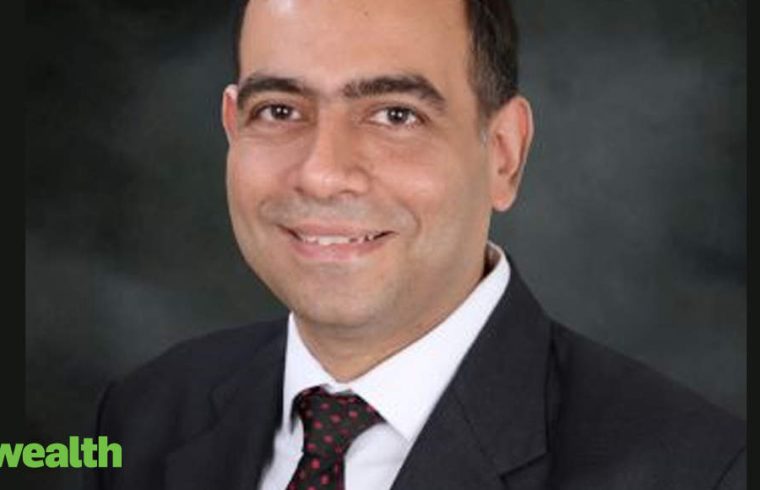
By Vishal Dhawan
There has been a significant increase in the number of demat accounts opened since the Covid-enforced lockdown in India. While it is good to know that more investors are investing in financial assets, and shifting away from physical assets like real estate, which was the preferred choice till a few years ago, there has been a slowdown observed in both SIP and lumpsum flows in mutual funds. This is possibly an indicator that some investors prefer buying stocks directly in their own demat accounts, rather than investing through mutual funds.
There are both advantages and disadvantages of choosing this path, and we think this is an excellent time for investors to evaluate how they wish to look at both these investment vehicles or choices to invest in equities. They should also decide how much of their monies should they allocate to each of these vehicles.
Investors need to keep in mind that mutual funds can invest across asset classes like debt, gold and international investments, and are not restricted to Indian equities only when they are making this choice.
Measure performance against the right benchmark
Investors would do well to separate out the role of market movements in the performance of their portfolio from the value added by the manager of their money, which in the case of a mutual fund is a professional mutual fund manager, backed by a research team. In the case of a direct stock portfolio, it is the individual backed by his reading and analysis of what should be bought or sold.
Many investors who have bought individual stocks in the last few months, may have done so in a rising equity market, and thus they should compare the performance of their direct stock portfolio with a mutual fund portfolio of multiple managers over a similar time frame, so that there is a like-to-like comparison.
Investors should also keep in mind that the performance of an individual stock is not an indicator of the entire portfolio, and thus the entire stock portfolio performance needs to be reviewed. Ensure measuring these performances over different time frames, both short term and longer term, so that the ups and downs of the markets are well covered during the measurement period.
Ideally, the decision to use direct stocks versus actively-managed mutual funds or passive mutual funds like index funds or index ETFs is a critical decision to make, and measuring performances against appropriate benchmarks should be kept in mind whilst evaluating what has worked better.
Be well diversified across companies and sectors
Globally, equity returns over the last few months and years have been highly polarized, with India being no different. Thus, a highly concentrated portfolio of a select number of stocks, can outperform a diversified portfolio during this time-frame. This may not continue in future. Investors who are building a direct equity portfolio need to ensure that they are creating well diversified portfolios across companies and sectors, to avoid the portfolio from getting impacted, due to a sudden turn in fortunes for a particular company or sector that they are exposed to.
Diversified mutual funds have specific mandates to ensure that their individual company exposure is capped, and also tend to have prudent risk management practices with respect to sector exposure.
Also read: Thinking of investing directly in equity? Answer these questions first
Stocks across different market capitalisations
There is a possibility of going overweight on a particular market capitalization in the portfolio very often, especially when a particular segment is doing very well. For example, a large number of individuals bought small and mid cap cap stocks during 2017 on the back of the sharp rise in prices of these stocks. They found out after the markets corrected that they were owning businesses that are not fundamentally strong.
Stocks require to be actively monitored
Buying stocks is likely buying a part of a business, and it is therefore critical for anyone buying the stock of a particular company to completely understand the business model of the company, its financials in terms of business growth, debt and multiple financial ratios, as well as where the risks for the business can come from.
This means that investors need to spend a considerable amount of time researching the company that they are buying and avoid using simplistic tools like stock performance in the past, to decide whether or not to buy or sell a particular stock.
Patience and high quality research are great virtues when investing in equity markets. Be sure that you have them before you decide on whether you should seek external expertise at a small price by going to a mutual fund, or managing it by yourself through your direct equity portfolio.
(Vishal Dhawan is a certified financial planner, and founder of Plan Ahead Wealth Advisors, a SEBI-registered investment advisory firm.)
(This article is part of a series ETMutualFunds.com has started on the issue of direct investments in stocks.)







